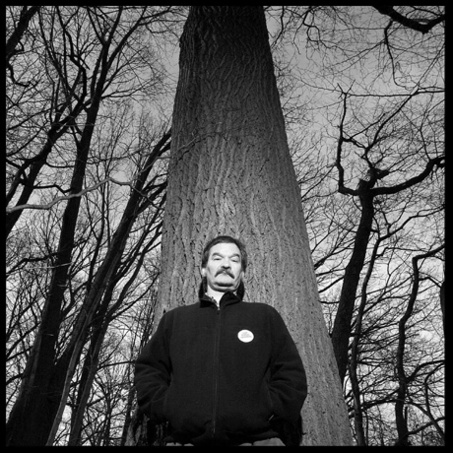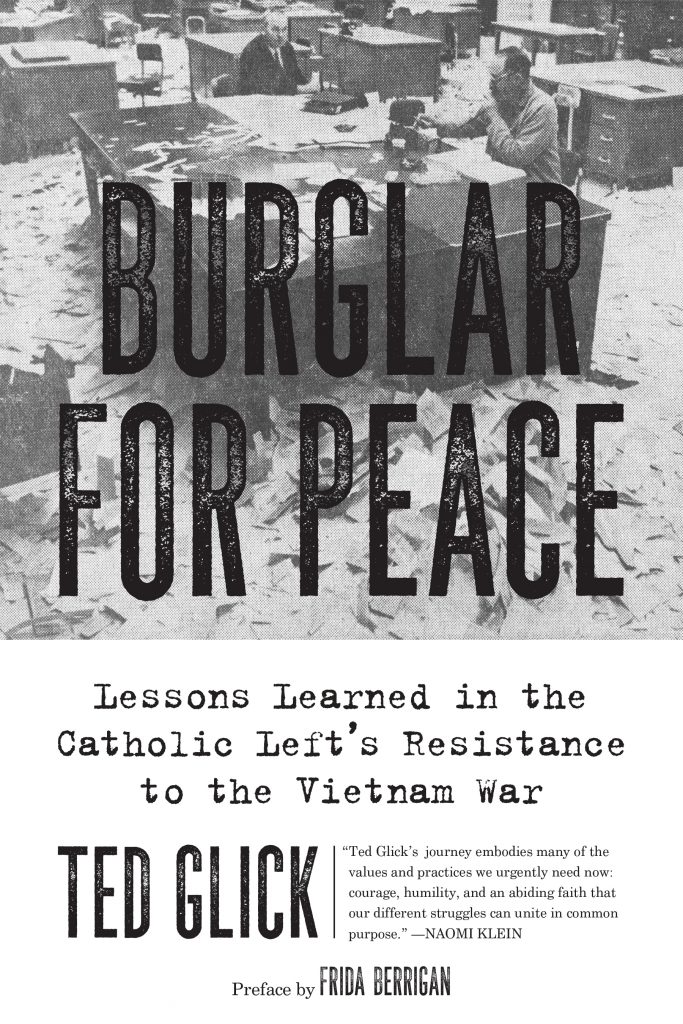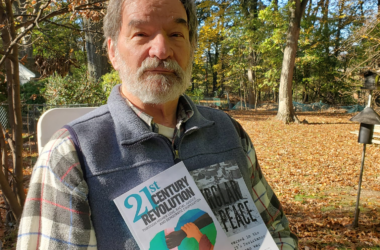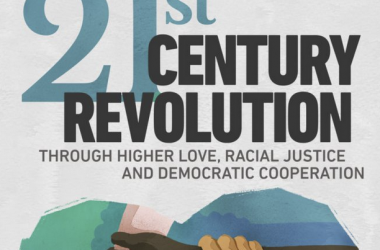By Ted Glick
January 1st, 2020
Yesterday I spoke with one of my nieces and her 3 and 6 year old children via zoom. It was the first time we’ve seen each other and interacted in months. Talking about the difficulties she is having as a teacher with two young kids during the pandemic, I wondered how this pandemic will affect them and their generation, their consciousness, their view of the world, as we eventually get past it and they grow and evolve.
I don’t have any special ideas along those lines, but I do have some ideas about what can be and should be major priorities for humanity as a whole:
-A change in our relationship to the natural world: Many of us have learned that the increasing number of devastating viruses is related to the continued expansion of human society into natural areas where we have never been on a daily basis before. Doing so puts us in contact with animals which can pass on zoonotic viruses like AIDS, SARS and COVID 19. It also causes deforestation at a time when we need to be adding, not reducing, trees and natural vegetation because of the climate emergency.
–A stronger and wider commitment to quality, affordable health care for all: It’s pretty basic. A healthy society is one which will make it harder for viruses to take root and spread. The US is not a very healthy society, overall, particularly for black, brown and Indigenous and low-income people, as well as in too many institutions providing elder care. Medicare for All isn’t a radical idea; it’s common sense, social defense, the logical next step once we’ve beaten this pandemic.
-Prioritizing a living wage jobs or income for all approach: Along the same lines, a healthy society is one where everyone gets enough income each year, via either a living wage job or adequate income support if unable to work, to have decent housing, healthy food, and programs that provide other needed support. And the creation of millions of new jobs building windmills and solar panels and plugging leaks in buildings is absolutely what is needed right now to solve the climate emergency.
–Reforming our food system away from industrial agriculture: Tens of thousands of chickens, hogs, cattle or other animals kept together in one place is a recipe for serious problems, including increased risk of the development and spread of zoonotic viruses to humans. We need land reform that takes land away from corporate ag and distributes it to family and cooperative farms which use much healthier, environmentally sound food-growing practices.
–International solidarity in support of improved lives for all: We live in an interconnected world and economy, which is why the pandemic has spread to all corners of it. There aren’t enough walls and other obstructions to prevent person-to-person contact. That is why the Covid 19 vaccine needs to be made available this year to every country for free, financed by wealth taxes, as a common sense measure. Conscious efforts need to be made to strengthen grassroots organizations that can raise people’s standards of living, including by taking on corporate profiteers trying to dominate local communities and economies for selfish and greedy purposes.
–Action to slow, stop and reverse the earth’s growing population. The earth cannot provide a decent standard of living for everyone under our current system. Even under a new, people-oriented system it can’t unless there’s a reversal of the continual growth in human population. It has been shown that the best ways to reduce population are through a raising of living standards, the empowerment of women and the widespread availability of family planning services and reproductive health care.
We in the USA don’t need to wait for the pandemic to be defeated to begin advancing these approaches to avoiding future pandemics. Indeed, in all of these areas progressive organizations are working to advance them. The new Biden/Harris administration should support them, though they’re not going to do so as comprehensively and cleanly as they should without massive pressure from below.
Let’s make a commitment on this new year’s day that we will do all we can in the coming weeks and months to come out of this pandemic clearly pointed down this hopeful road.
Ted
Glick is the author of the recently-published “Burglar for Peace:
Lessons Learned in the Catholic Left’s Resistance to the Vietnam War.”
More information can be found at https://tedglick.com, and he can be followed on Twitter at https://twitter.com/jtglick
Ted Glick is the author of the forthcoming Burglar for Peace: Lessons Learned in Catholic Left Resistance to the Vietnam War. Past writings and other information can be found at https://tedglick.com, and he can be followed on Twitter at https://twitter.com/jtglick.





